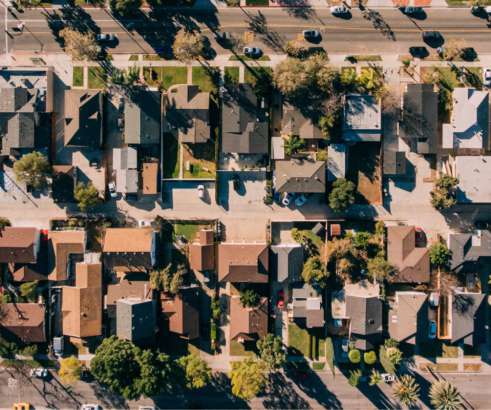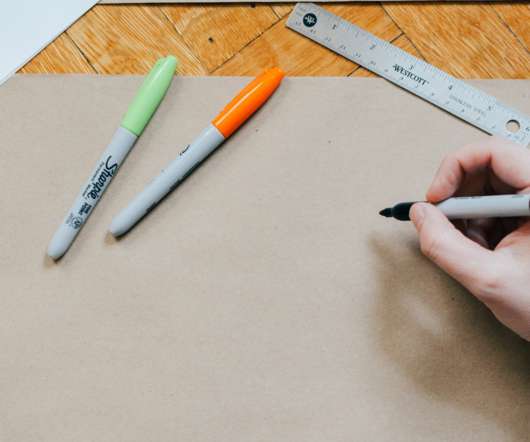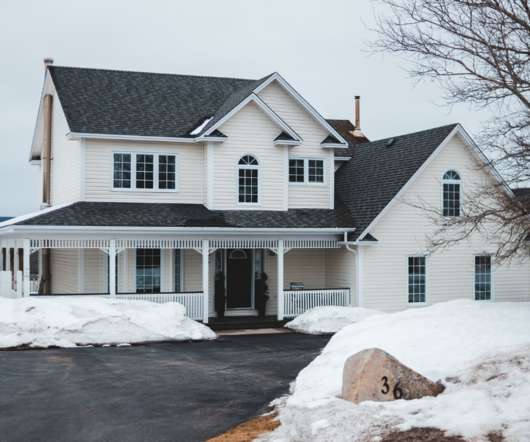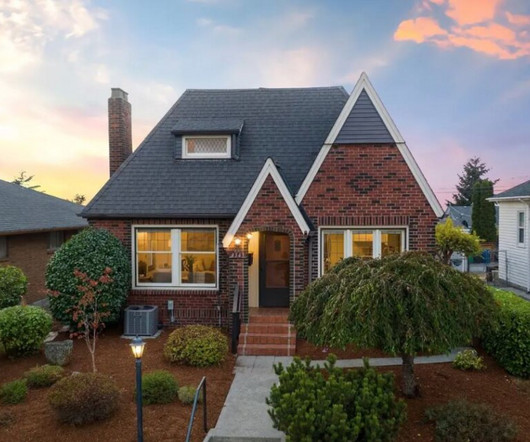What Is an Assumable Mortgage and How Does It Work?
Point2Homes
DECEMBER 15, 2021
As a result, you will need to meet the lender’s requirements when it comes to credit score and credit history, income and debt-to-income ratio to qualify for a loan. Given the nature of an assumable mortgage, the seller has already paid off a part of his loan. As a bonus, the U.S.






















Let's personalize your content